As the cooler months draw closer, the common thought is to ditch the summer seafood and reach for hearty soups and red meats to ward off the winter blues. Yet winter is when Australian mussels are at their sweetest, softest and juiciest – making them the perfect feature piece for winter warmer dishes this season.
From pairing them with a smooth tomato and basil broth to adding them to hot pots, the sustainable seafood is looking to be this year’s winter go-to. Ex-chef and manager of South Australia’s Eyre Peninsula Seafoods, Richard Longden, says the 2021 crop was tracking to be one of the best yet, with the mussels about 30 percent larger than some previous years. They are expecting to see about 45 mussels per kilo this year – a bumper crop.
Just like your standard wheat or vegetable crop – aquaculture, including mussels, benefit hugely from high rainfall and sunlight hours. The mussels are also grown in the Eyre Peninsula near tuna and kingfish farms, where they can feed off a high concentration of sea-based nutrients. These conditions have a significant impact on their flavour.
Mussels are also one of the most sustainable seafood choices on the market, as mussels play an essential part in keeping our oceans healthy.
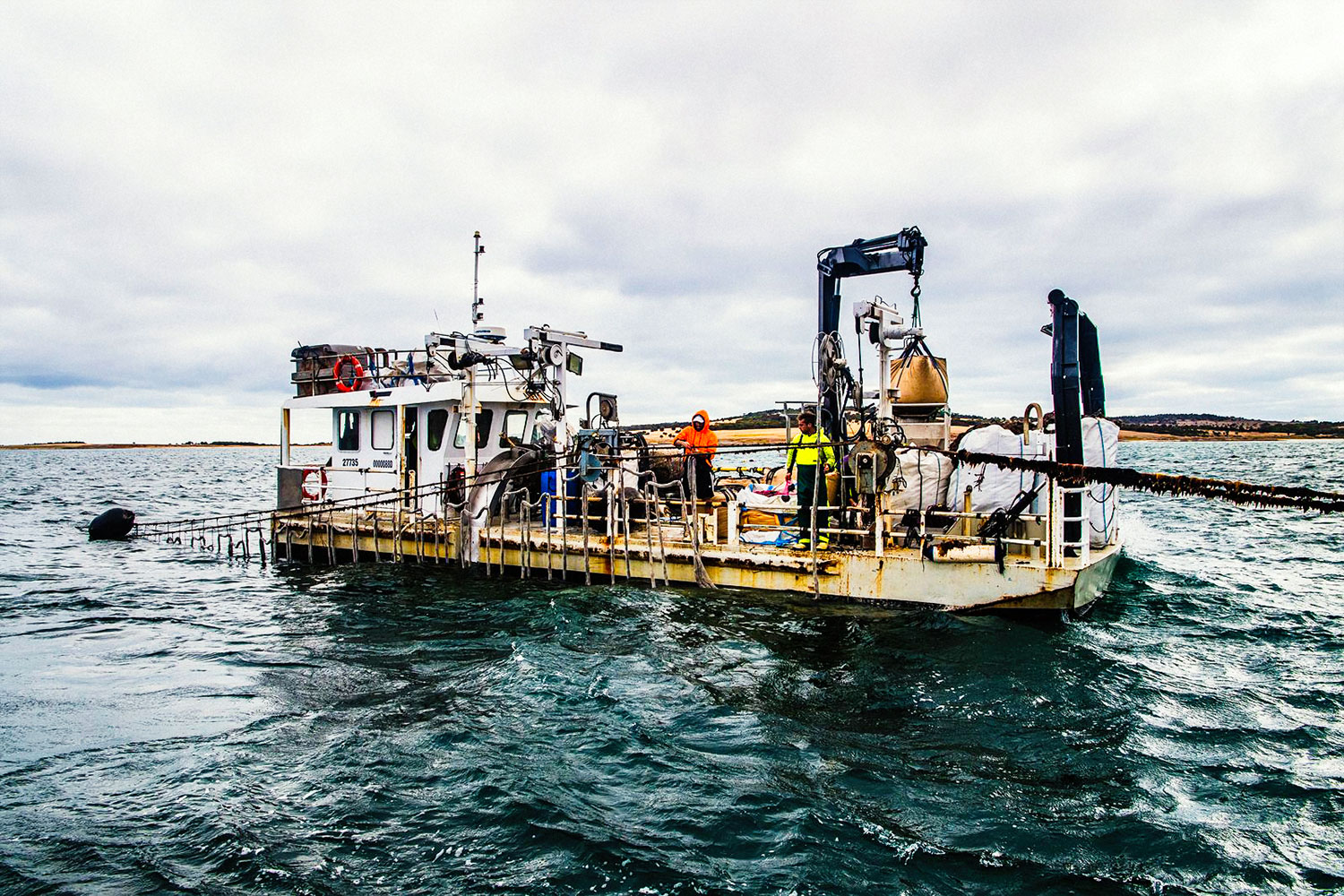
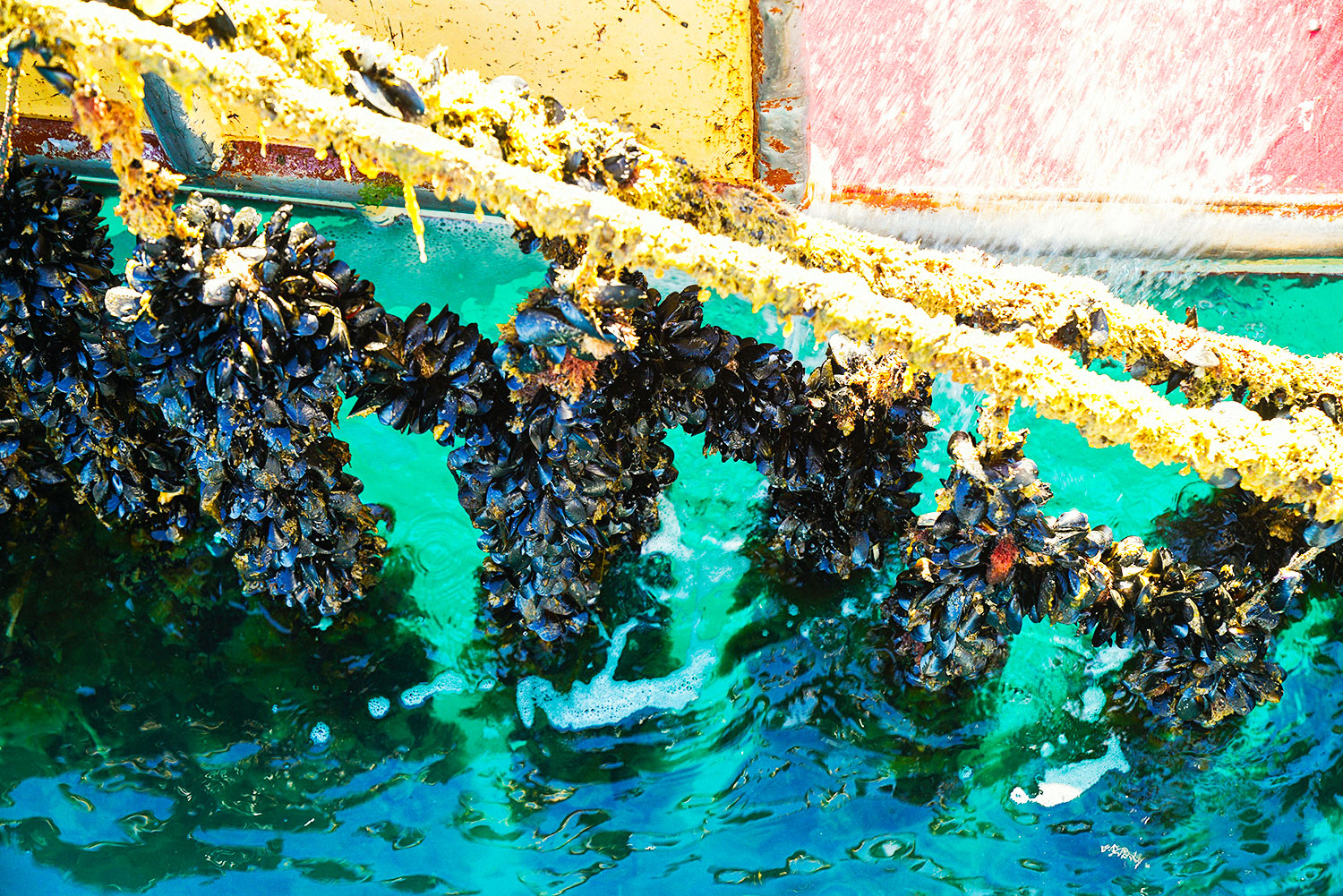 Essentials spoke to Andrew Puglisi, director of Eyre Peninsula Seafoods, about the finer details on what makes his EP Seafoods winter harvest so inviting.
Essentials spoke to Andrew Puglisi, director of Eyre Peninsula Seafoods, about the finer details on what makes his EP Seafoods winter harvest so inviting.
Are the EP Seafoods mussels a particular species type?
The Blue mussel that we grow here in Australia is the Mediterranean blue mussel, Mytilus Galloprovincialis.
What makes mussels sweeter, juicier and softer in winter?
In the wintertime, mussels prepare themselves to spawn their spat (juvenile mussels). The mussel meat is much more plumper and is a creamier, sweeter flavour. This premium mussel time of the year is from March through to November.
This winter, why are mussels growing 30 percent larger than previous years?
EP Seafoods’ growing techniques have been refined over the last 15 years. Our efforts accompanied by a drier rainfall season and increased nutrient upwellings from the southern ocean have combined to produce a larger and fuller meat mussel.
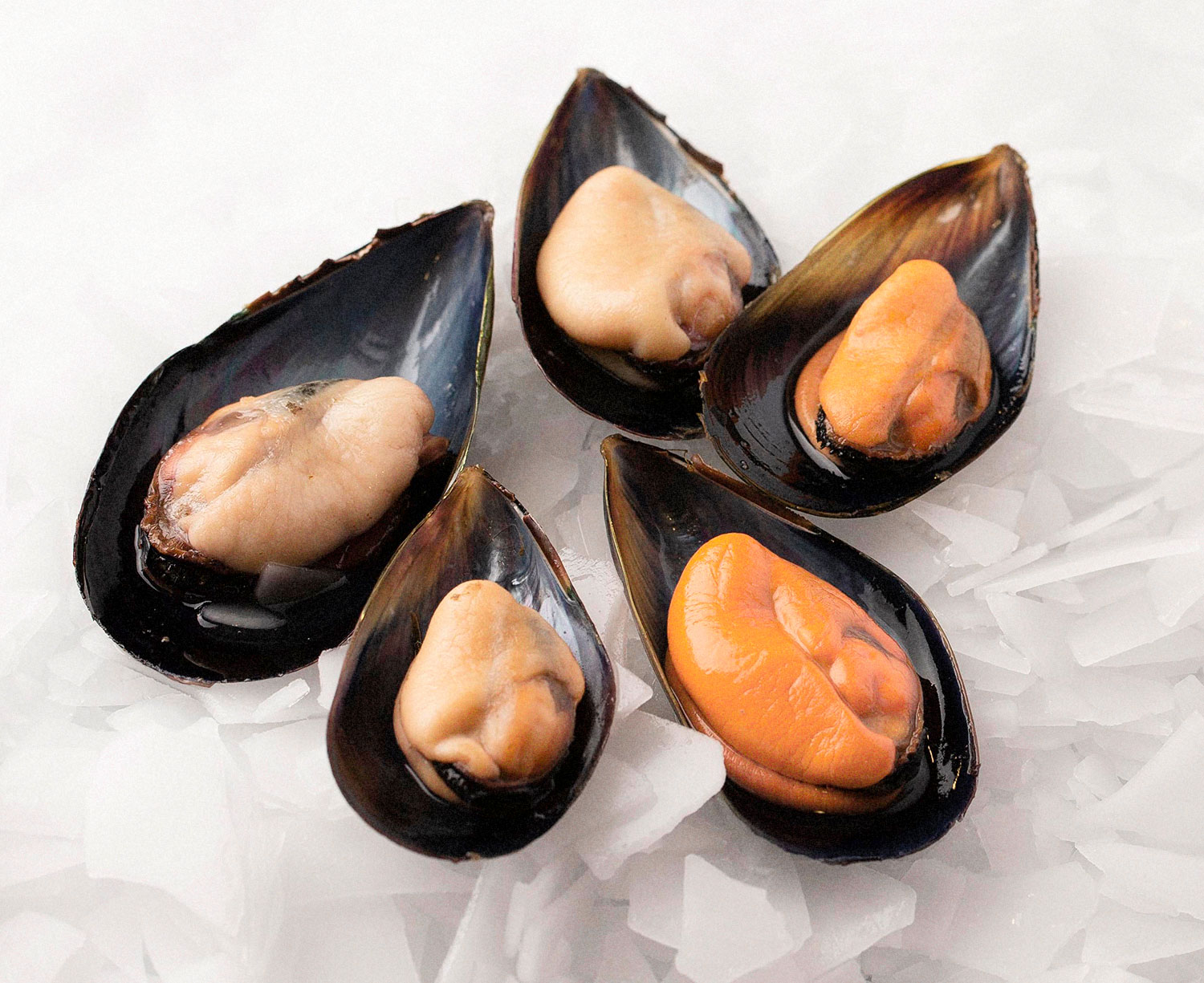
From what are the sea-based nutrients that the mussels are benefitting? Is it introduced food or all-natural?
Our mussels are filter feeders which rely on what the natural environment produces for them to eat. They eat microscopic Diatoms, Dinoflagelates, Plankton that feed on the natural nutrients in the water column. Additionally, the increased nutrient levels produced by feed based aquaculture in the Eyre Peninsula is balanced by mussel filtration. Tuna and Kingfish farming within the growing area creates elevated levels of nutrients, so we’re pleased that our mussels can balance out the ecosystem.
Why are mussels one of the most sustainable seafood choices?
Our mussels are a naturally occurring species. We collect wild spat, juvenile mussels in our growing area, naturally produced in the southern end of our growing season, from large naturally occurring Broodstock mussel beds. Also, they balance the nutrient levels in the ecosystem and filter 20 litres of seawater a day.
Why and how does the sea play such a dominant role in the flavour?
Our Mussels have a unique flavour that is sweet and slightly smoky, different from mussels grown on Australia’s east and west coasts. The taste can only be attributed to the unique growing conditions of this growing area. We have the Great Australian Bight adjacent to our growing region and large upwellings on the continental shelf south of this growing area.
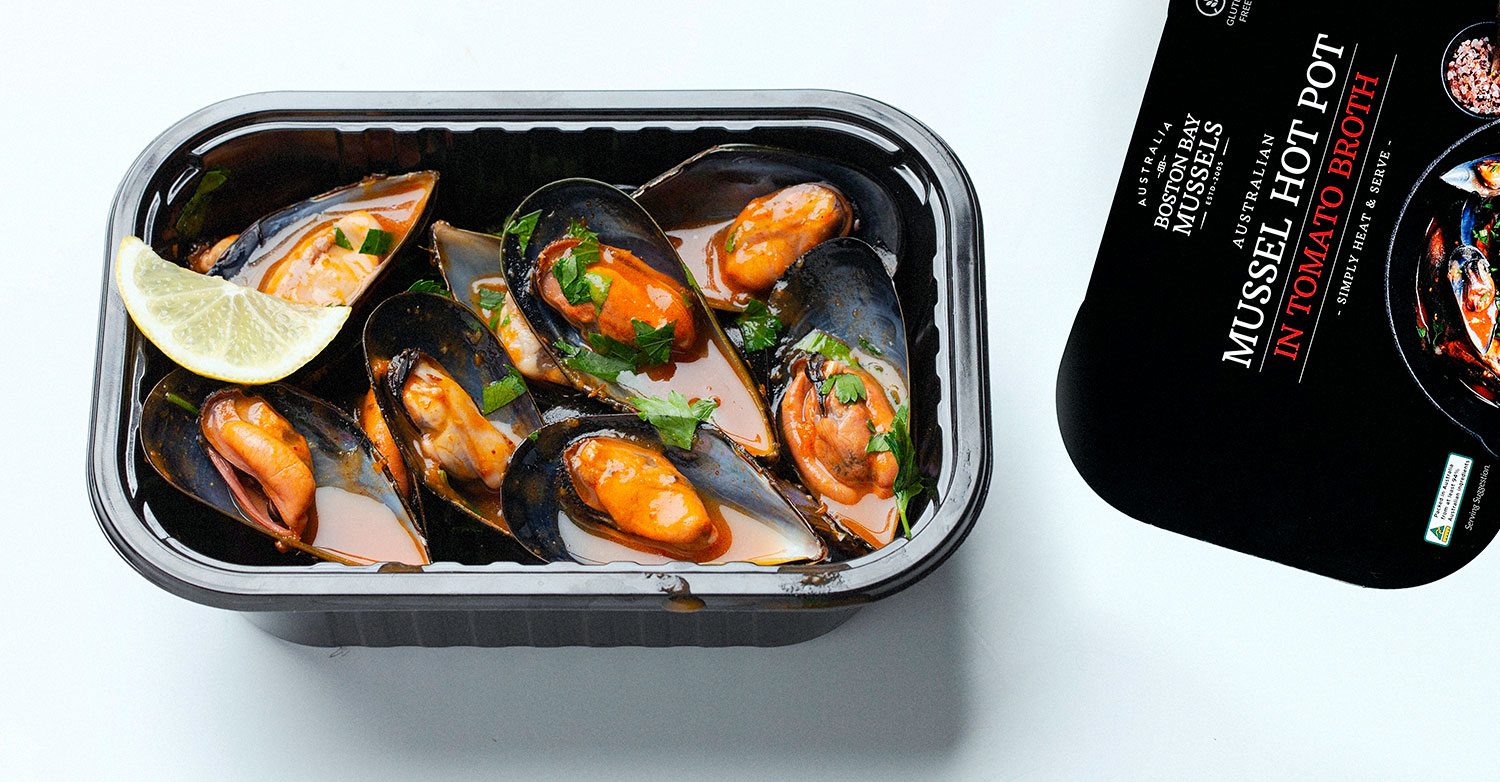
Where to buy
Eyre Peninsula Seafoods has recently released its microwavable hot-pots as an easy gateway for people looking for healthy and convenient lunches with sustainability in mind.
Andrew explains, ‘Mussels are the cheapest complete protein on the market at about $9 a kilo with benefits for hair, skin, immune and general wellbeing. They are jam-packed with protein, omega 3 fatty acids, B2, B12, phosphorus, iron, selenium and iodine to name a few.’
Eyre Peninsula Seafoods’ fresh product is also available in Coles in Western Australia, New South Wales, Queensland and South Australia, and Woolworths in Western Australia and New South Wales.
Eyre Peninsula Seafoods’ winter warmer hot pots are available in Woolworths across Victoria, South Australia, Western Australia, and Drakes in South Australia.

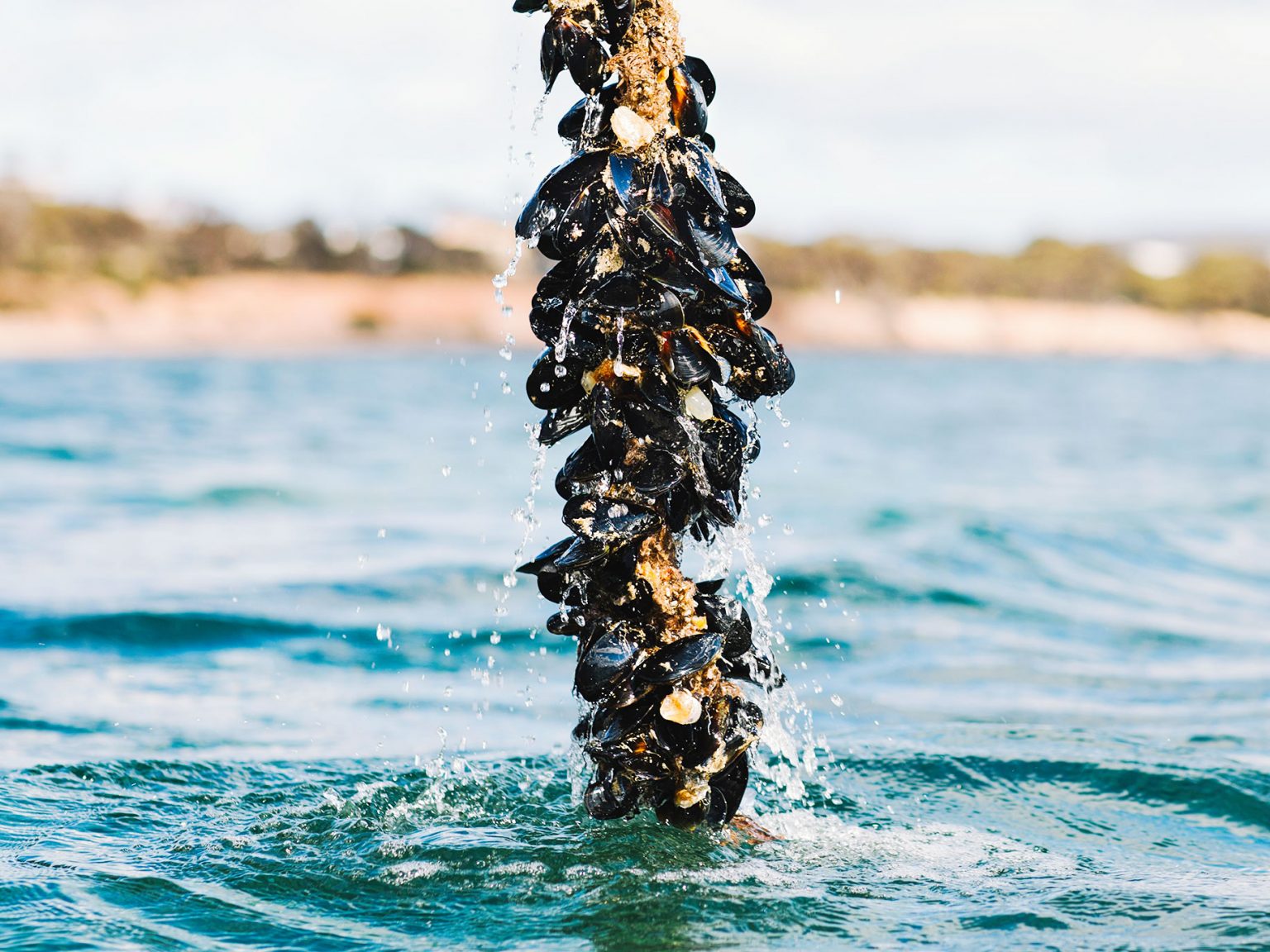
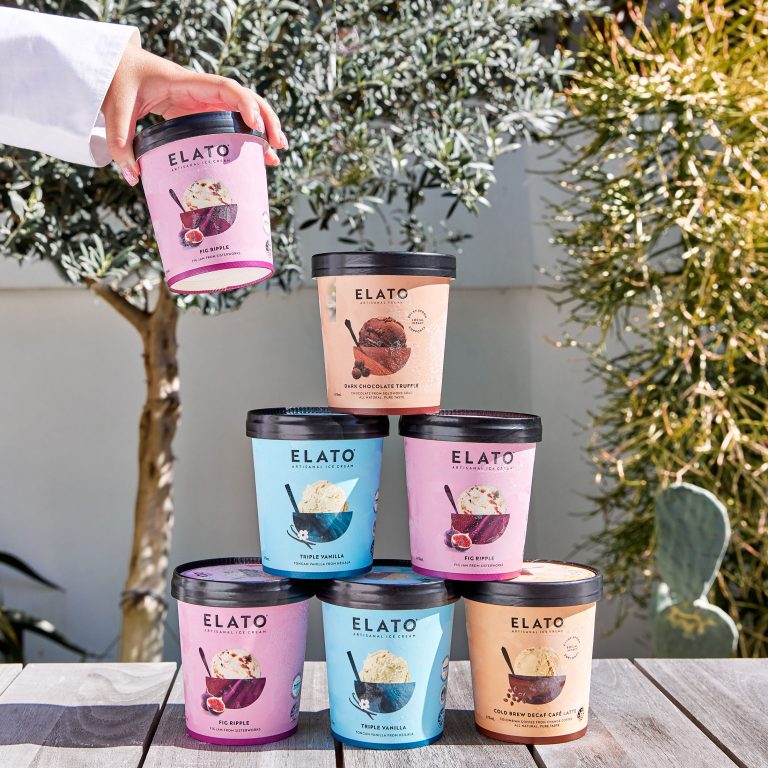
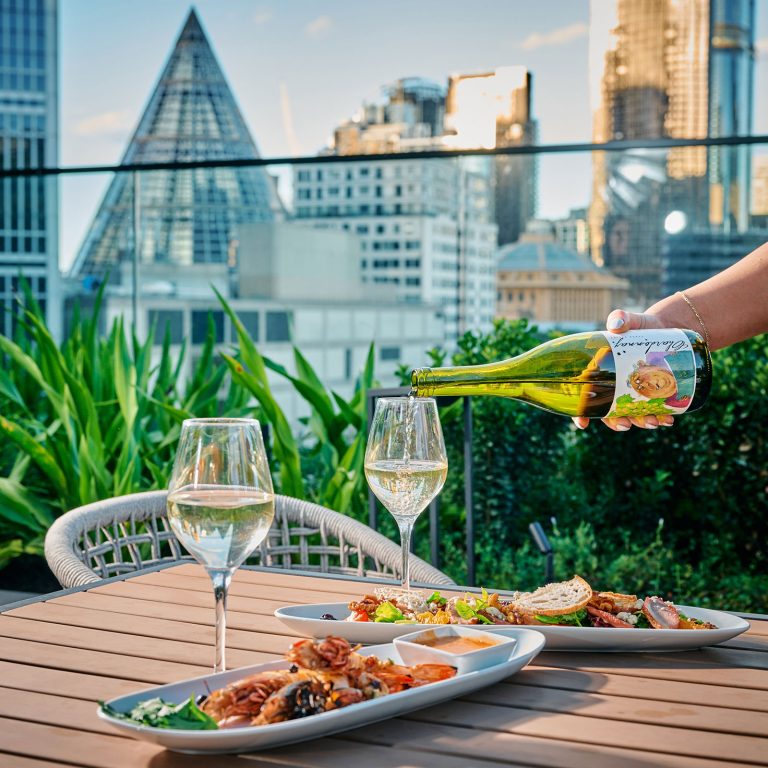
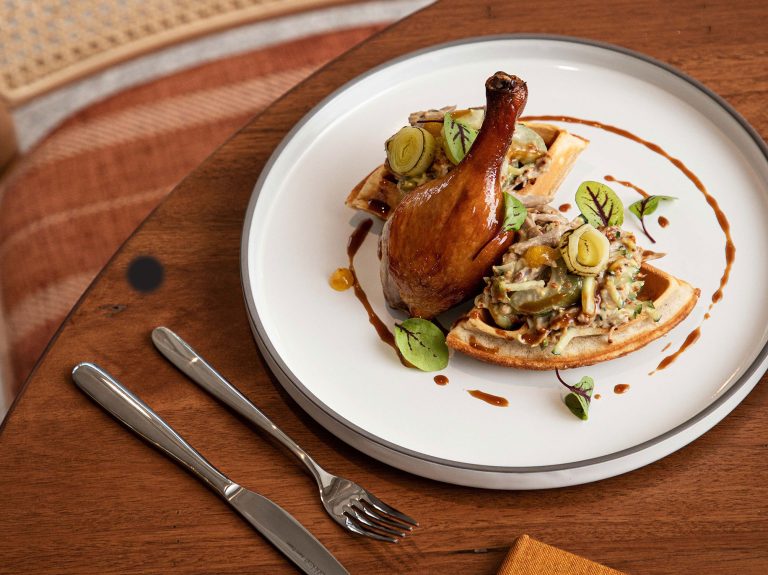
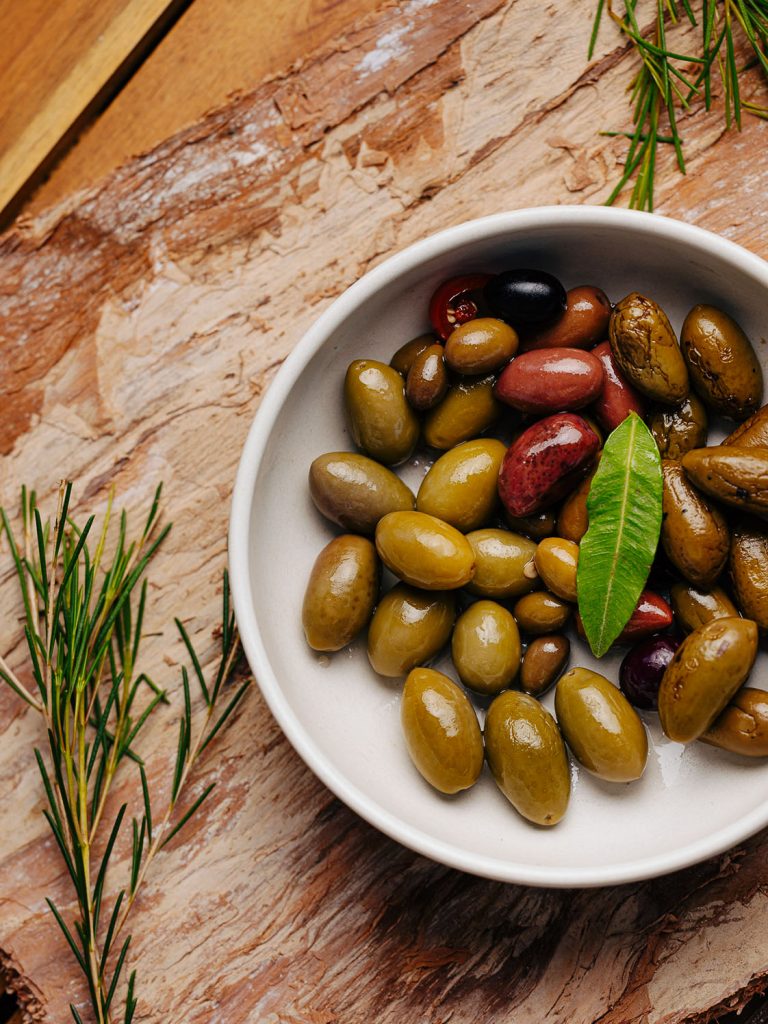

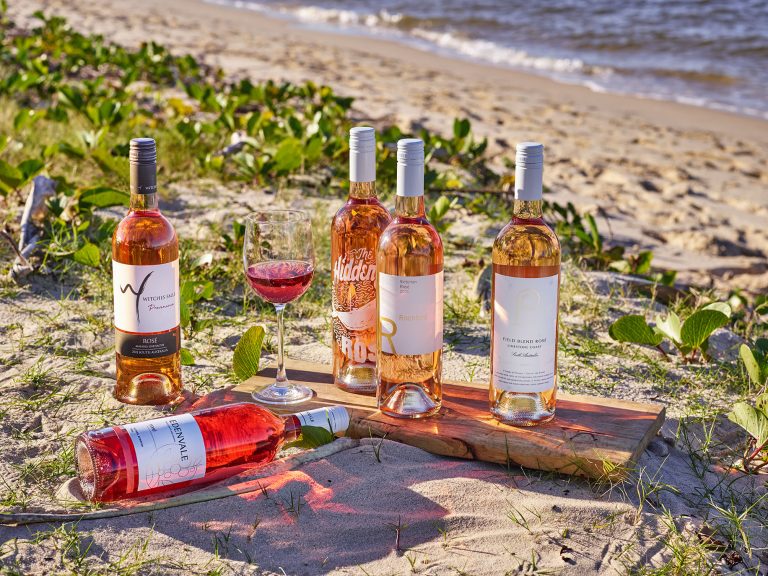
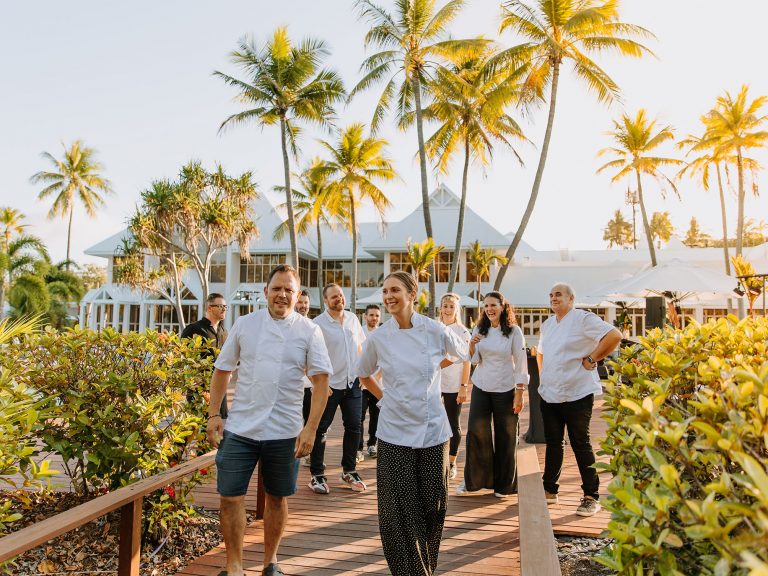
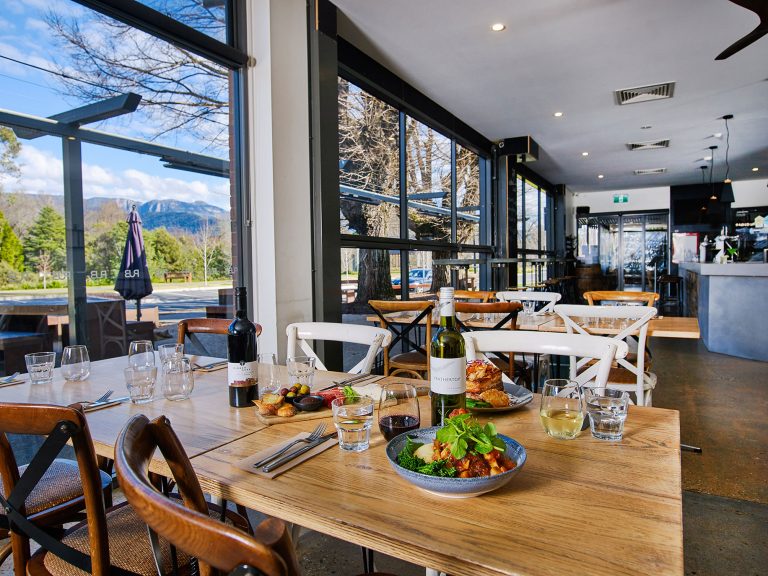
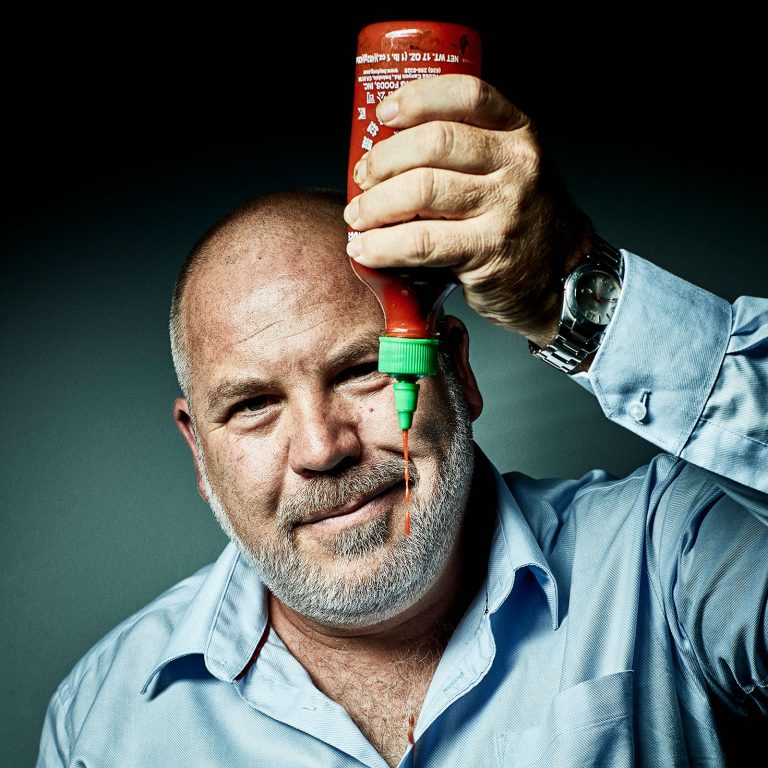
Comments are closed.